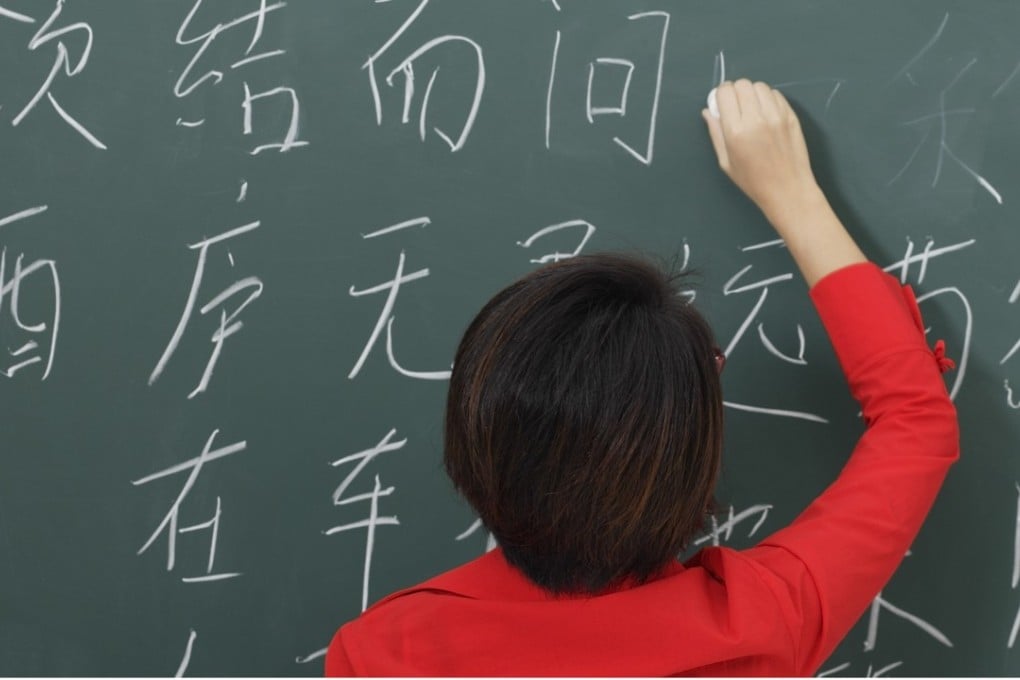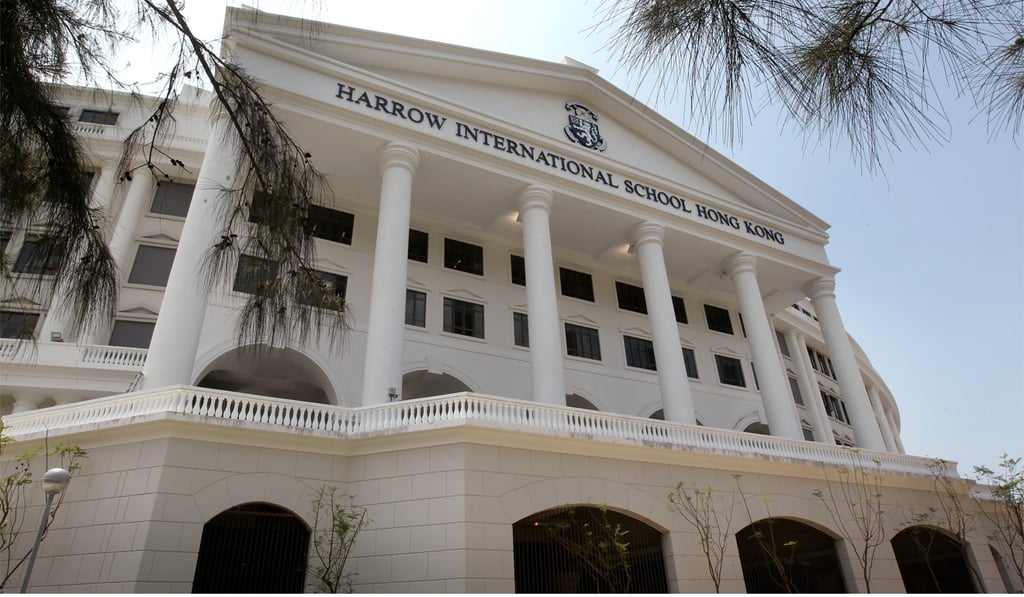Harrow Hong Kong sticks to its guns over controversial switch to simplified characters only in Chinese lessons
International school says it is dropping traditional Chinese characters from curriculum for younger pupils after ‘listening to a variety of views and following detailed discussions’

An international school that sparked controversy for saying it will only teach simplified Chinese characters to younger children to fit “the context Hong Kong will be in by 2047” defended its decision as one made in the best interest of pupils.
Harrow International School Hong Kong, in a statement issued on Wednesday, made clear that it was dropping traditional Chinese characters from the curriculum of the Lower School – kindergarten and primary level – after “listening to a variety of views and following detailed discussions”.
It would also introduce more co-curricular activities where traditional Chinese was used, it said.

Harrow, located in Tuen Mun and with about 1,300 pupils, raised eyebrows when it sent parents a letter on Monday announcing the change which would take effect from August next year.
The letter acknowledged that the teaching of traditional characters was “desirable” but added: “We need to prepare our pupils to be fully literate in the context that Hong Kong will be in by 2047.”
